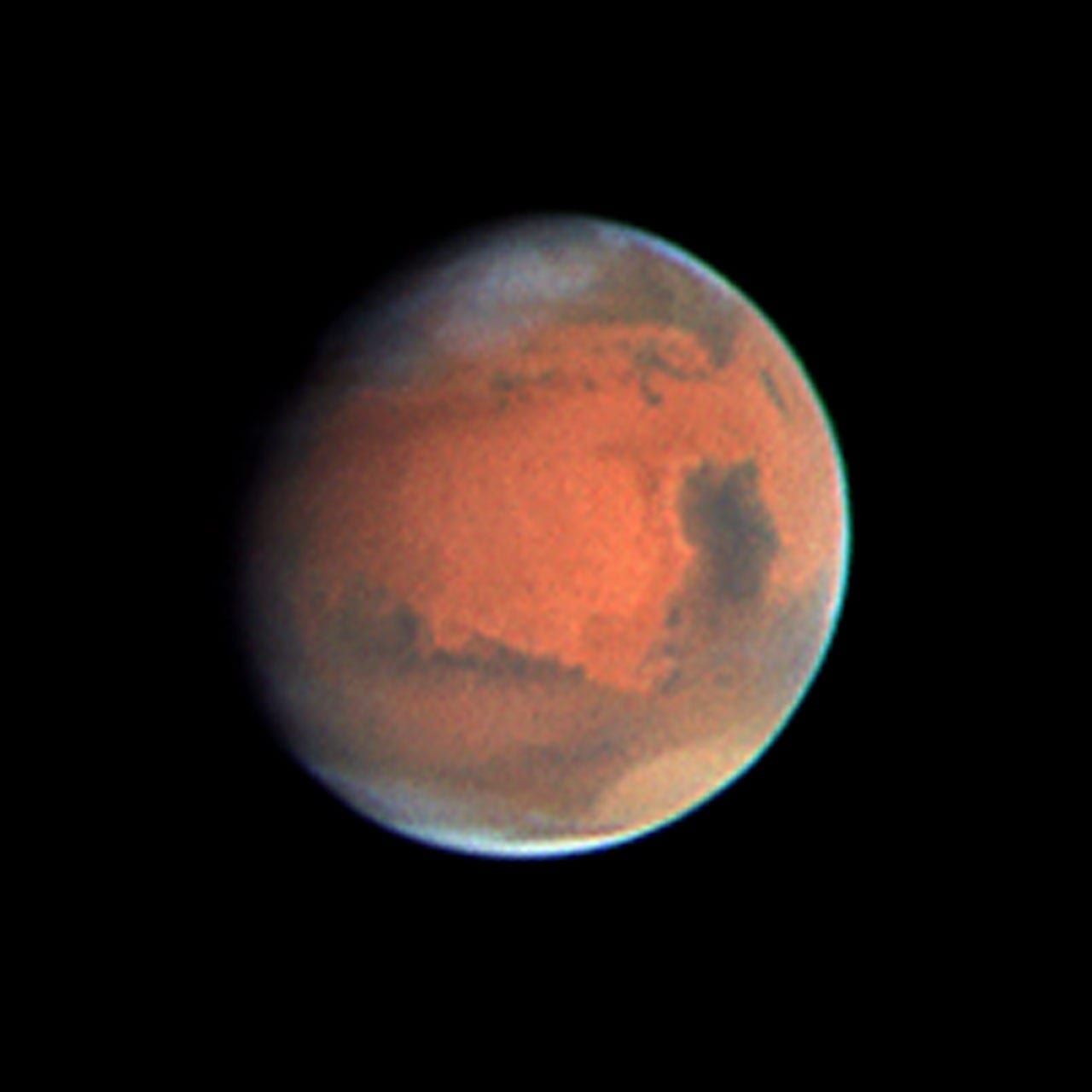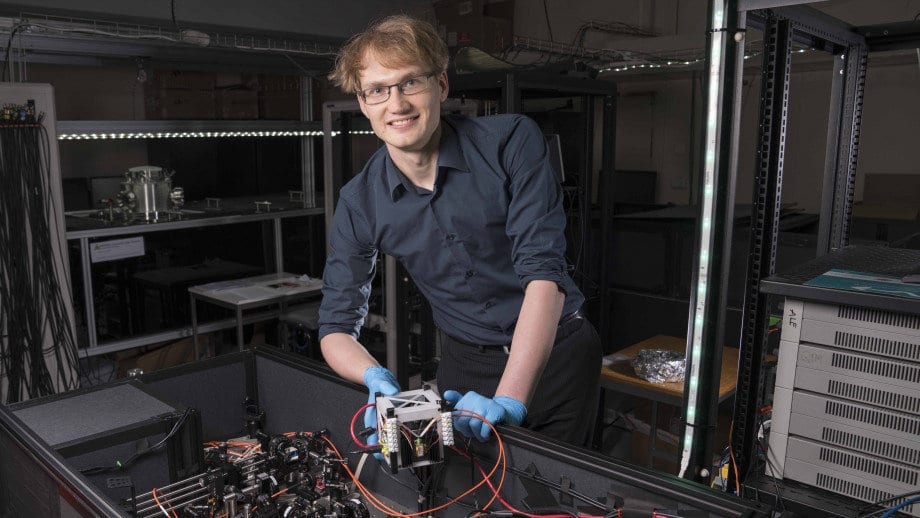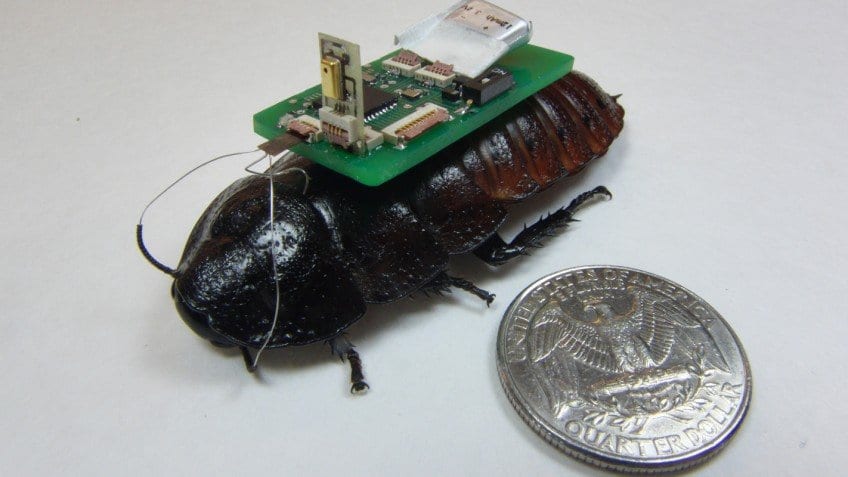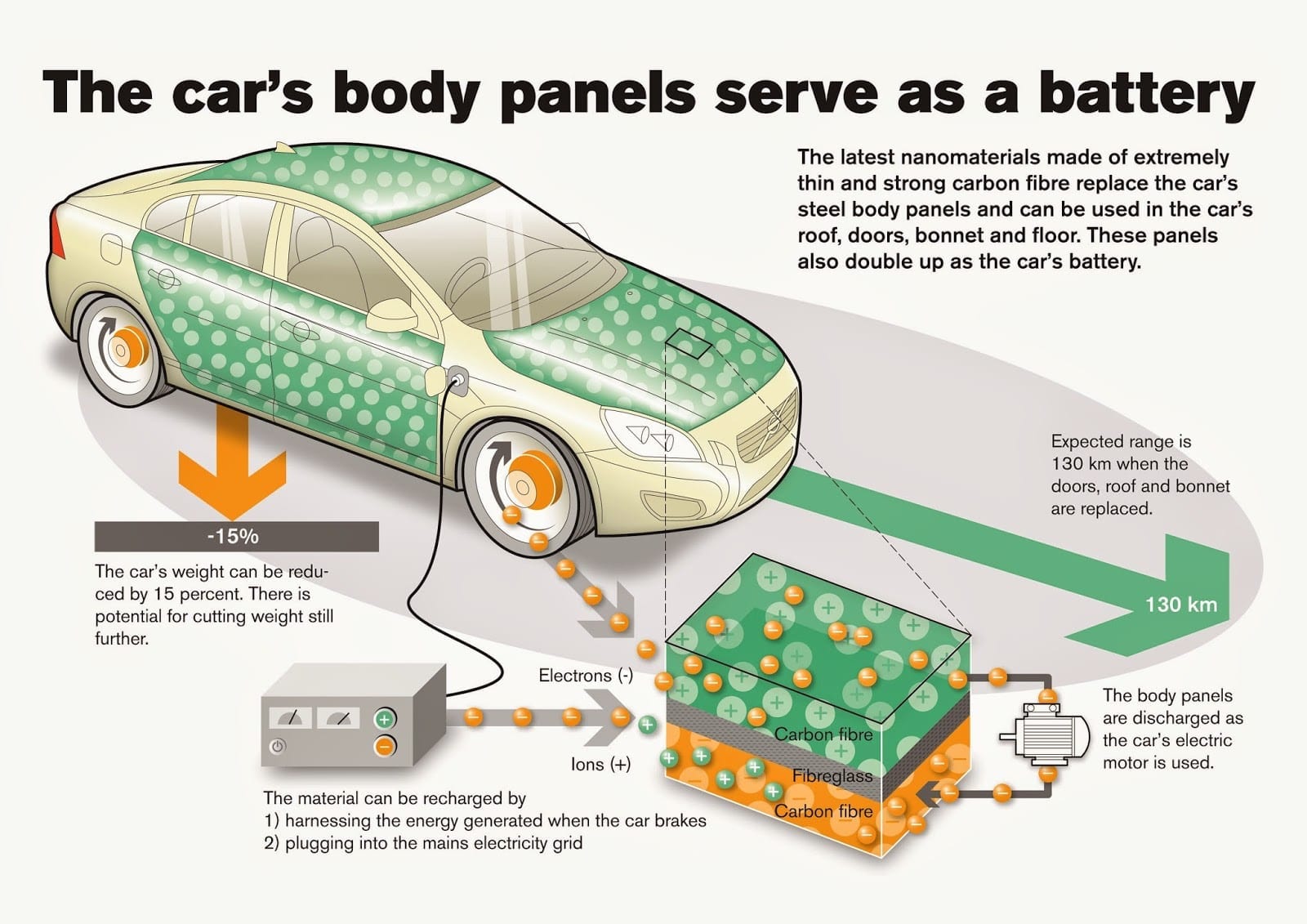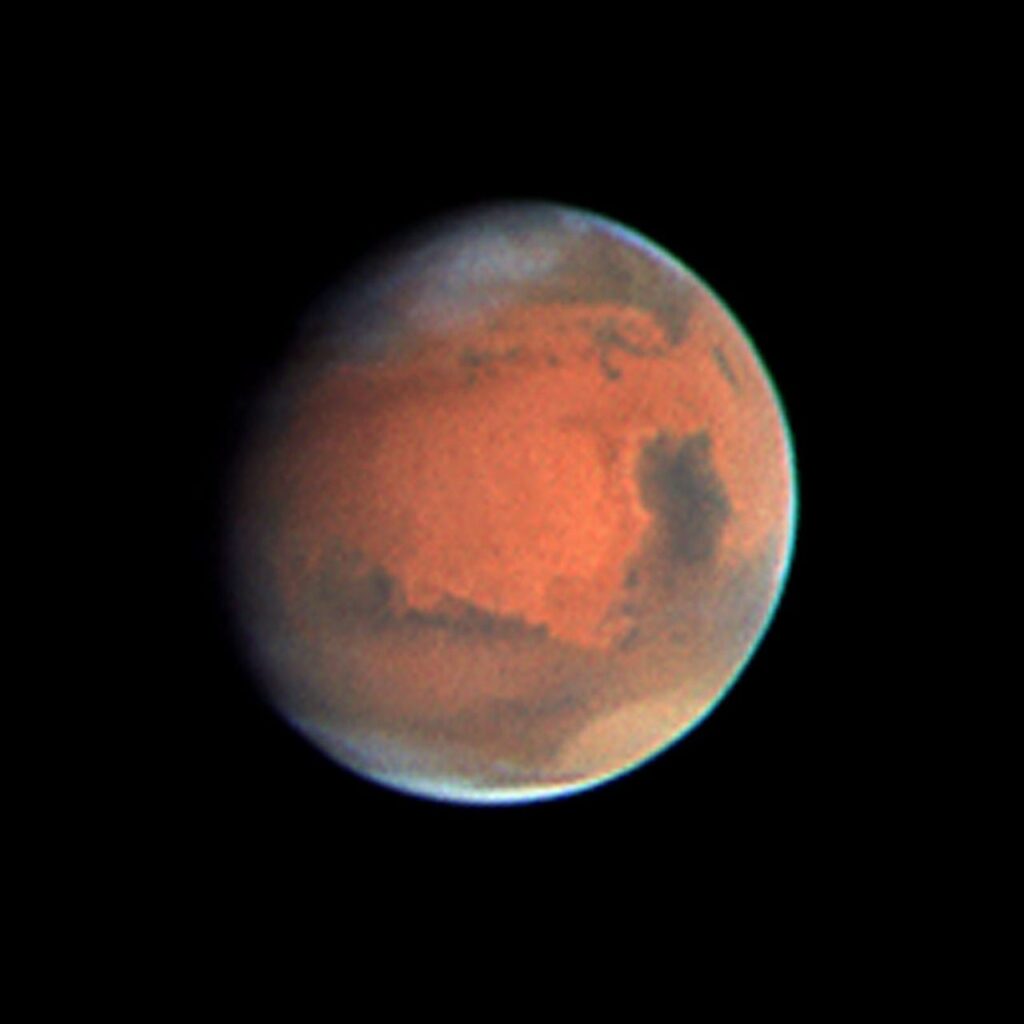
Berkeley Lab Scientists Believe Biomanufacturing a Key to Long-term Manned Space Missions
Does synthetic biology hold the key to manned space exploration of the Moon and Mars? Berkeley Lab researchers have used synthetic biology to produce an inexpensive and reliable microbial-based alternative to the world’s most effective anti-malaria drug, and to develop clean, green and sustainable alternatives to gasoline, diesel and jet fuels. In the future, synthetic biology could also be used to make manned space missions more practical.
“Not only does synthetic biology promise to make the travel to extraterrestrial locations more practical and bearable, it could also be transformative once explorers arrive at their destination,” says Adam Arkin, director of Berkeley Lab’s Physical Biosciences Division (PBD) and a leading authority on synthetic and systems biology.
“During flight, the ability to augment fuel and other energy needs, to provide small amounts of needed materials, plus renewable, nutritional and taste-engineered food, and drugs-on-demand can save costs and increase astronaut health and welfare,” Arkin says. “At an extraterrestrial base, synthetic biology could make even more effective use of the catalytic activities of diverse organisms.”
Arkin is the senior author of a paper in the Journal of the Royal Society Interface that reports on a techno-economic analysis demonstrating “the significant utility of deploying non-traditional biological techniques to harness available volatiles and waste resources on manned long-duration space missions.” The paper is titled “Towards Synthetic Biological Approaches to Resource Utilization on Space Missions.” The lead and corresponding author is Amor Menezes, a postdoctoral scholar in Arkin’s research group at the University of California (UC) Berkeley. Other co-authors are John Cumbers and John Hogan with the NASA Ames Research Center.
One of the biggest challenges to manned space missions is the expense. The NASA rule-of-thumb is that every unit mass of payload launched requires the support of an additional 99 units of mass, with “support” encompassing everything from fuel to oxygen to food and medicine for the astronauts, etc. Most of the current technologies now deployed or under development for providing this support are abiotic, meaning non-biological. Arkin, Menezes and their collaborators have shown that providing this support with technologies based on existing biological processes is a more than viable alternative.
The Latest on: Synthetic Biology for Space Exploration
[google_news title=”” keyword=”Synthetic Biology for Space Exploration” num_posts=”10″ blurb_length=”0″ show_thumb=”left”]
via Google News
The Latest on: Synthetic Biology for Space Exploration
- Synthetic Biology Breakthrough Paves the Way for Cheaper Vaccineson May 8, 2024 at 7:59 am
A multistep biosynthetic process in yeast cheaply produces an expensive adjuvant now extracted from tree bark. Vaccines save lives, as proven during the recent pandemic, but one component of most vacc ...
- Moriba Jah is paving the way for sustainable space explorationon May 7, 2024 at 6:37 am
The environmentalist and astrodynamicist is employing ancient technology to help safeguard the dark and quiet sky ...
- Green dreams: NASA’s LEAF project to sow seeds of lunar agricultureon April 3, 2024 at 2:49 pm
The space agency wants to conduct research that ... crops of the future,” said associate professor of Plant Synthetic Biology at the University of Adelaide and P4S Chief Investigator, Jenny ...
- Synthetic Biology US 2024on March 21, 2024 at 5:00 pm
Don't miss Synthetic Biology US 2024! Join leading omics experts and researchers for a two-day event accelerating the development of synthetic biology tools to enable effective therapeutics ...
- How researchers are 'CReATiNG' synthetic chromosomes faster and cheaperon December 20, 2023 at 5:53 am
It could significantly advance genetic engineering and enable a wide range of advances in medicine, biotechnology, biofuel production and even space exploration. CReATiNG works by cloning and ...
- The Art and Science of Synthetic Biologyon November 29, 2023 at 8:45 am
Researchers apply the principles of synthetic biology to address some of the most pressing human health challenges. In what some consider a science and an artform, scientists use bacterial components ...
- Synthetic Biologyon August 16, 2023 at 3:01 am
In the drug discovery pipeline, there are several areas where the speed and accuracy of new synthetic biology tools are making a measurable difference in the ability to accelerate drug development ...
- A New Raspberry Flavor For Your Tastebuds: Brought To You By Fermentationon April 4, 2023 at 7:01 am
Opinions expressed by Forbes Contributors are their own. Synthetic biology author. Synthetic biology has the potential to change the world — it can create cleaner and more sustainable products ...
- Talking Techniques | Synthetic biology: from cancer to the climate crisison January 18, 2022 at 8:19 am
To investigate this space, I speak with Merrit Savener, Biopharma Technical Account Manager at Molecular Devices (CA, USA) and Adam Clore Technical Director of Synthetic Biology at Integrated DNA ...
- Synthetic biology: lessons from the history of synthetic organic chemistryon December 17, 2021 at 10:35 am
The history of synthetic chemistry offers a possible roadmap for the development and impact of synthetic biology ... allowed a rigorous and systematic exploration of the principles underlying ...
via Bing News







